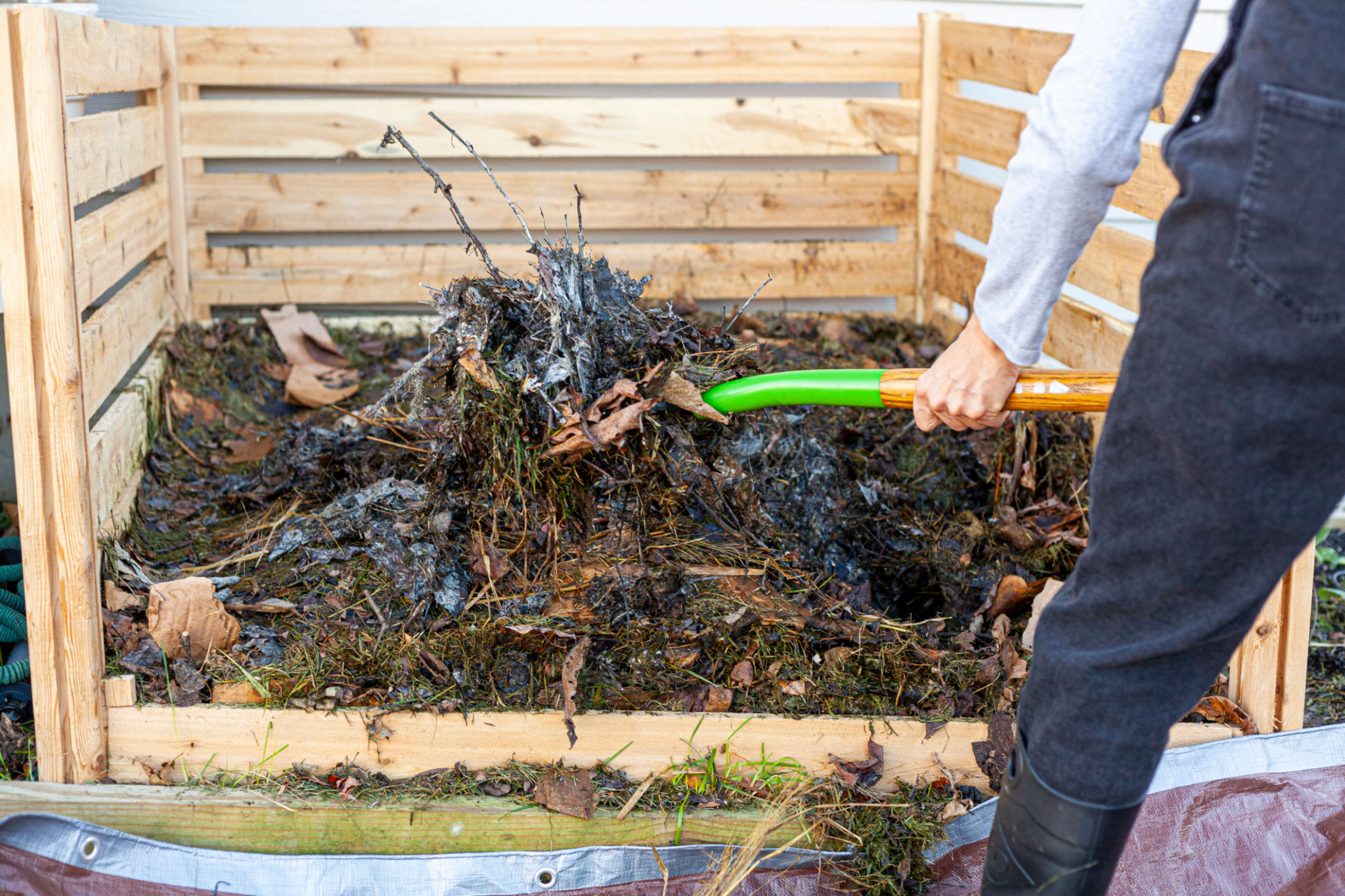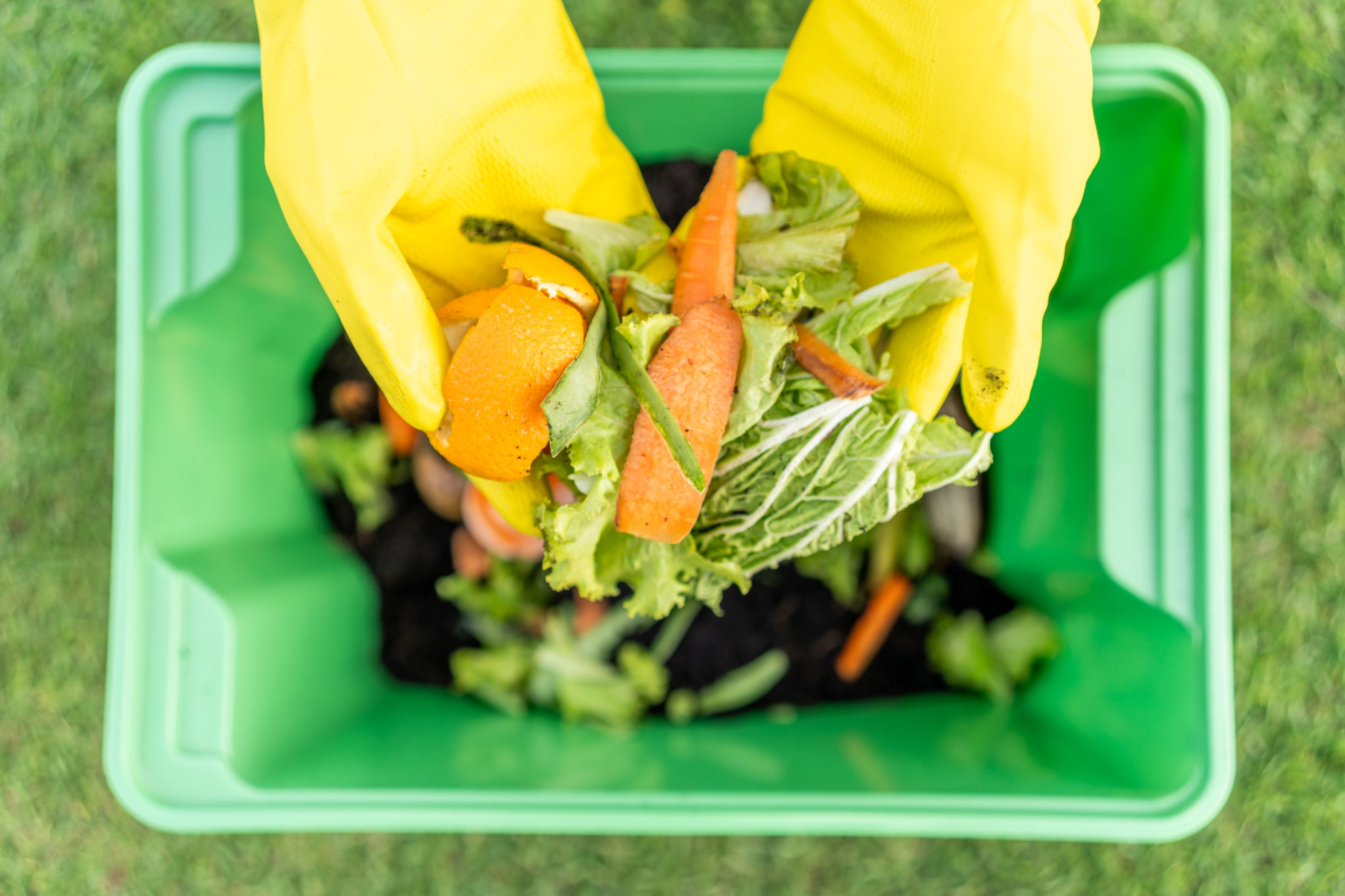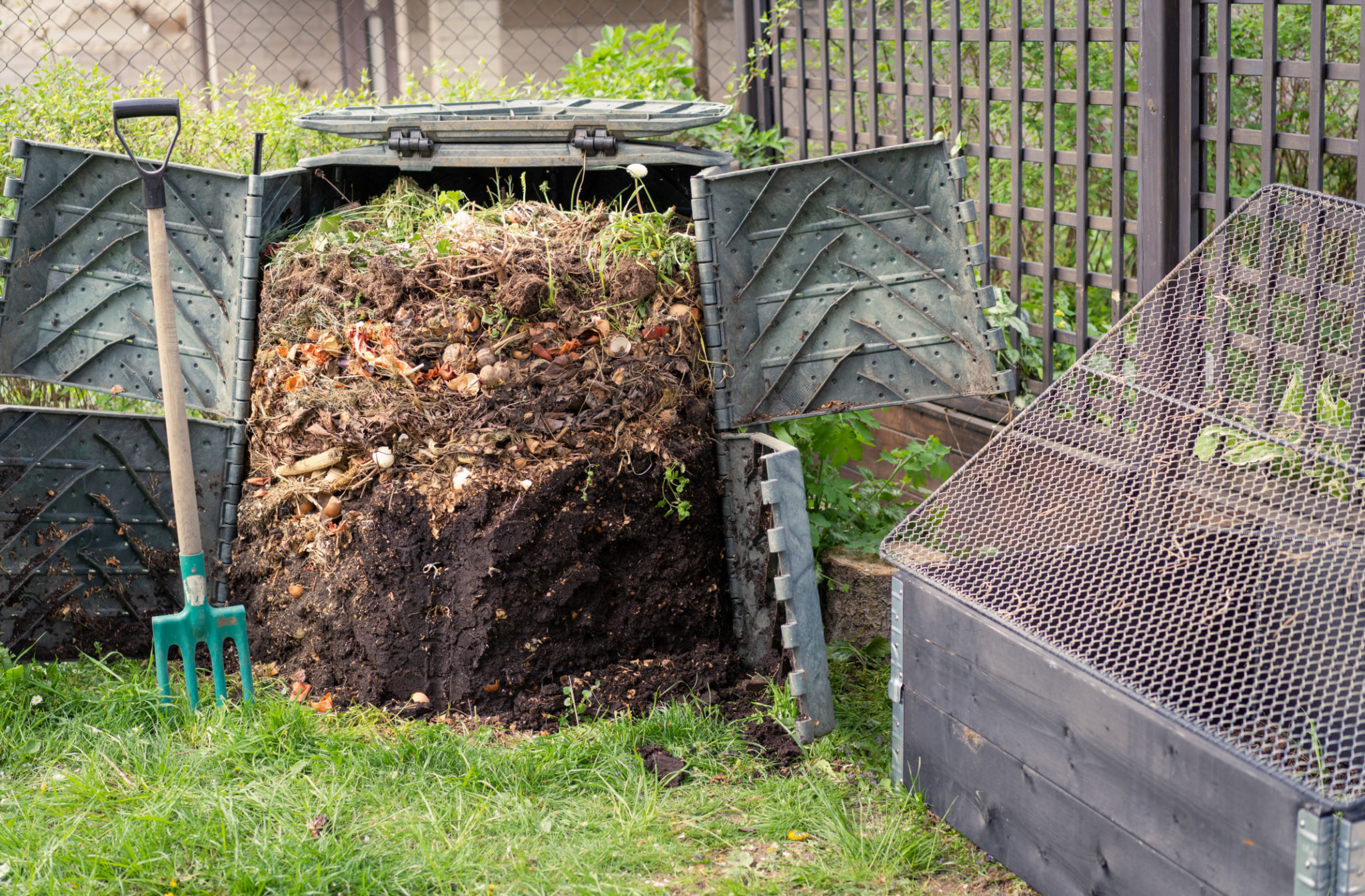DIY Composting Tips for Surrey Residents: Turning Waste into Wealth
Why Composting?
In Surrey, residents are becoming increasingly conscious of their environmental footprint. One of the most effective ways to contribute to a healthier planet is through composting. By turning kitchen scraps and yard waste into nutrient-rich soil, you not only reduce landfill waste but also enrich your garden.
Composting is nature's way of recycling. It helps improve soil structure, retains moisture, and provides essential nutrients to plants. The best part? It’s easy to start and maintain a compost pile right in your backyard.

Getting Started with Composting
The first step in composting is choosing the right location. Look for a dry, shady spot near a water source. Your compost area should be convenient for adding materials and turning the pile regularly.
Once you’ve chosen your spot, decide on a compost bin or pile. Bins help keep your compost tidy and can be made from wood pallets or purchased from garden centers. A simple pile, however, is just as effective.

Essential Ingredients for Composting
Successful composting requires a balance of browns and greens. Browns, such as dried leaves and twigs, provide carbon. Greens, like fruit scraps and grass clippings, supply nitrogen. Aim for a ratio of about 3 parts brown to 1 part green.
Additionally, water and air are crucial. Keep your compost moist, like a wrung-out sponge, and turn it regularly to introduce oxygen, which speeds up the decomposition process.
What to Compost and What to Avoid
Most organic materials can be composted. Common items include fruit peels, vegetable scraps, coffee grounds, and eggshells. Yard waste like grass clippings and small branches are also excellent additions.
However, avoid adding meat, dairy products, and fats as they can create odor problems and attract pests. Similarly, diseased plants or pet waste should not be composted due to potential pathogens.

Maintaining Your Compost Pile
To maintain an active compost pile, monitor temperature and moisture levels. A healthy pile will heat up as microorganisms break down the materials. If the pile is too dry, decomposition slows; if too wet, it can become anaerobic and smelly.
Turn your compost with a pitchfork every few weeks to aerate it. This not only speeds up the process but also helps distribute moisture evenly throughout the pile.
Using Your Finished Compost
After several months, your compost will break down into dark, crumbly soil-like material known as humus. This finished compost can be used in various ways around your garden.
Add it to flower beds, mix it into potting soil, or use it as a top dressing for lawns. Compost not only provides essential nutrients to plants but also helps improve soil texture and fertility.

Community Composting Initiatives
Surrey residents can also participate in community composting initiatives if they lack space at home. These programs offer shared facilities that allow residents to contribute to larger compost piles and benefit from shared resources.
By engaging in community composting, residents can learn more about sustainable practices and build connections with like-minded individuals.
Final Thoughts
Composting is a simple yet powerful way to turn waste into wealth. By embracing this practice, Surrey residents can significantly reduce their environmental impact while enhancing their gardens. Whether you’re a seasoned gardener or new to composting, these tips will help you make the most of your efforts.